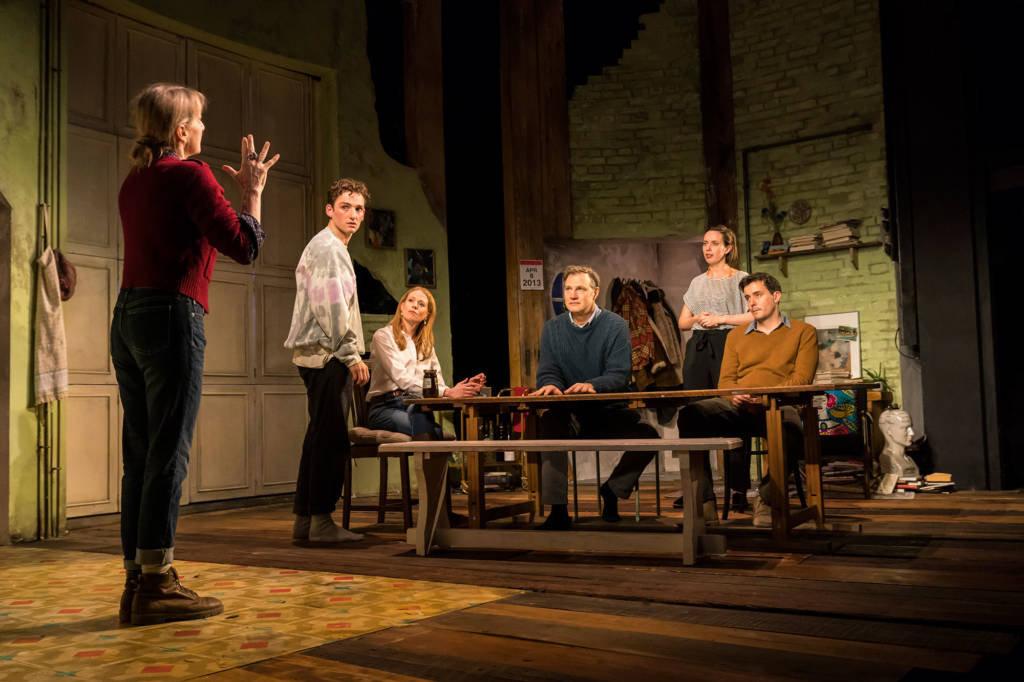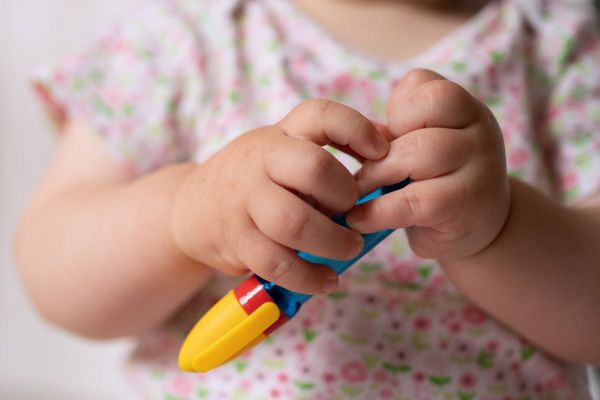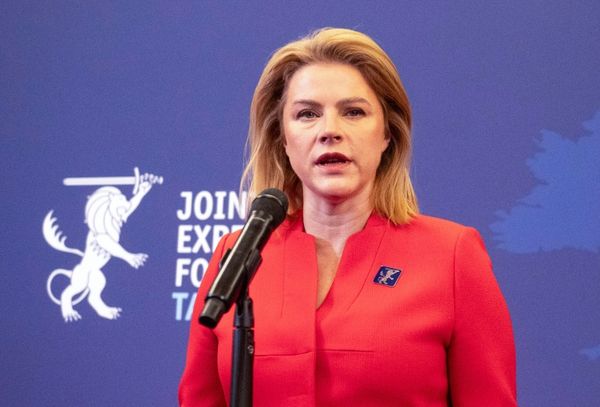
Oddly enough, not many parents choose to name their children after political heroes. So it's all the more telling that the offspring in The End of History – the latest, highly intriguing piece from the hit-making team of writer Jack Thorne and director John Tiffany – have been lovingly lumbered with Carl (after Communist Manifesto writer Karl Marx), Polly (after social anthropologist Polly Hill) and Tom (after political revolutionary Thomas Paine).
This collaboration between Thorne and Tiffany has already given us a stage version of the Scandi vampire movie Let the Right One In and the mega-successful Harry Potter and the Cursed Child. Their follow-up to the latter is set in Newbury, in the kitchen/dining room of a right-on, left-leaning family that would likely be hostile to Hogwarts on doctrinal grounds. Private schooling? The obscurantist escapism of magic as a pseudo-solution to social problems? Baby-boomers Sal and David have risen from deprived backgrounds to the relative security of this nice, roomy, scruffy-at-the-edges abode, without for a moment ceasing the struggle to educate the world towards the freedom of collective progress.
Beautifully directed by Tiffany, the piece moves through three decidedly awkward family dinners in 1997 (the winter before the New Labour landslide), 2007 and 2017. The intervening decades are presented in droll, sped-up dance sequences. By the time we meet this clan, the indefatigably sincere teacher Sal has become – in Lesley Sharp's painfully funny performance – an embarrassing cartoon of herself to her long-suffering kids. And she is desperately aware of this. It's touching and awful how much she longs to share a bed again with her 19-year-old daughter Polly (the gawky, clever child who is excellently played by Kate O'Flynn).

Polly has come back from her first term at Cambridge for this occasion. Her older brother Carl (Mum’s Sam Swainsbury is pitch-perfect as a ruefully conscious disappointment) is introducing his girlfriend and future wife, whose parents are Roman Catholics who have made their wealth from a string of service-stations. Late to the feast, because he’s been in detention for drug use, Tom (superb Laurie Davidson) is the sensitive, gay sixth former who'd be quite a wag if he weren't so incipiently suicidal.
The piece, in its earlier stages, has a clever, accelerated Posy Simmonds-meets-Ionesco air, and throughout is a devastating verbal spree. But in its piercing look at the liabilities (and benefits) of being the offspring of political idealists, it puts you in mind of Tony Kushner's more serious Intelligent Homosexual's Guide to Capitalism and Socialism. It's both satire and celebration. David Morrissey beautifully conveys the maddeningly resilient side of the father, and he breaks your heart as he reads a bare, moving, Quaker-style list of his wife's achievements before her funeral. She did so much good for people. But like many idealists, she saw her children as a “legacy project that would protect the values she held dear”. Which is a big ask – sometimes intolerable, sometimes inspiring.
I loved this show, though it could perhaps have been a tad more forthright about its intentions.
To 10 August; royalcourttheatre.com







